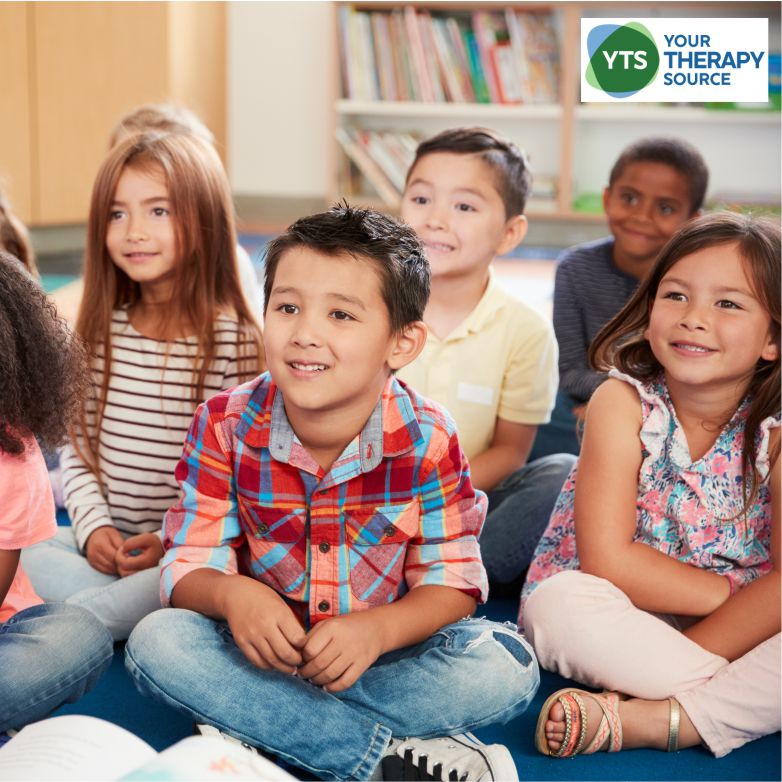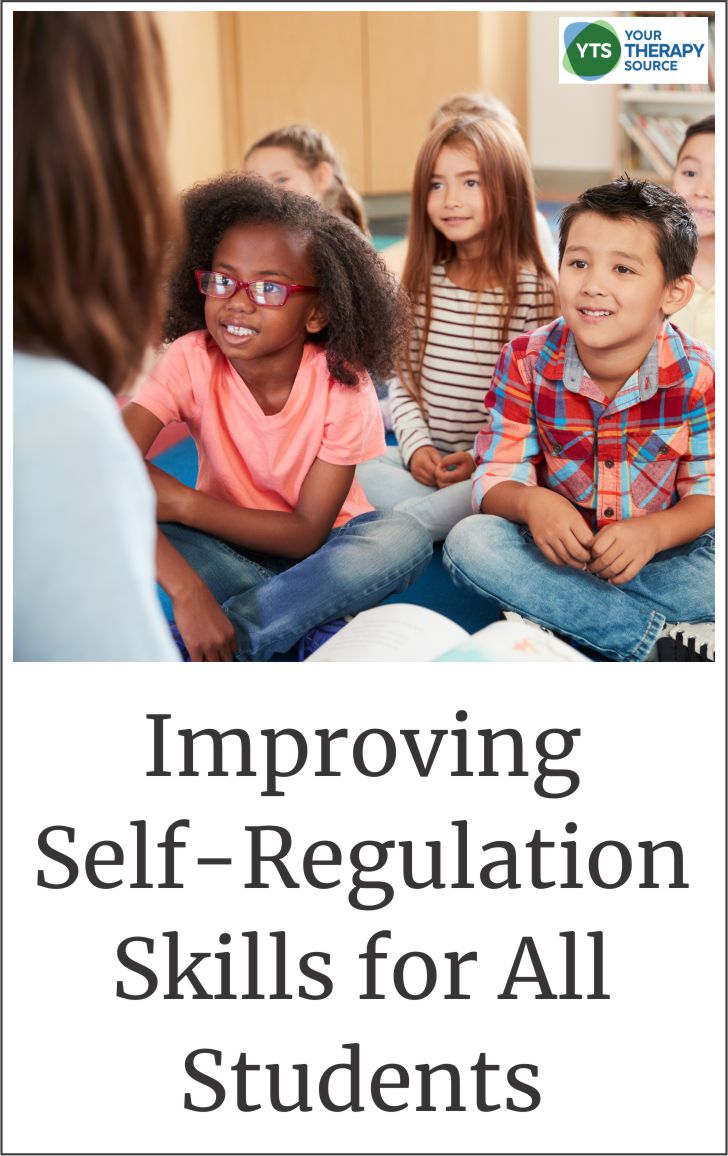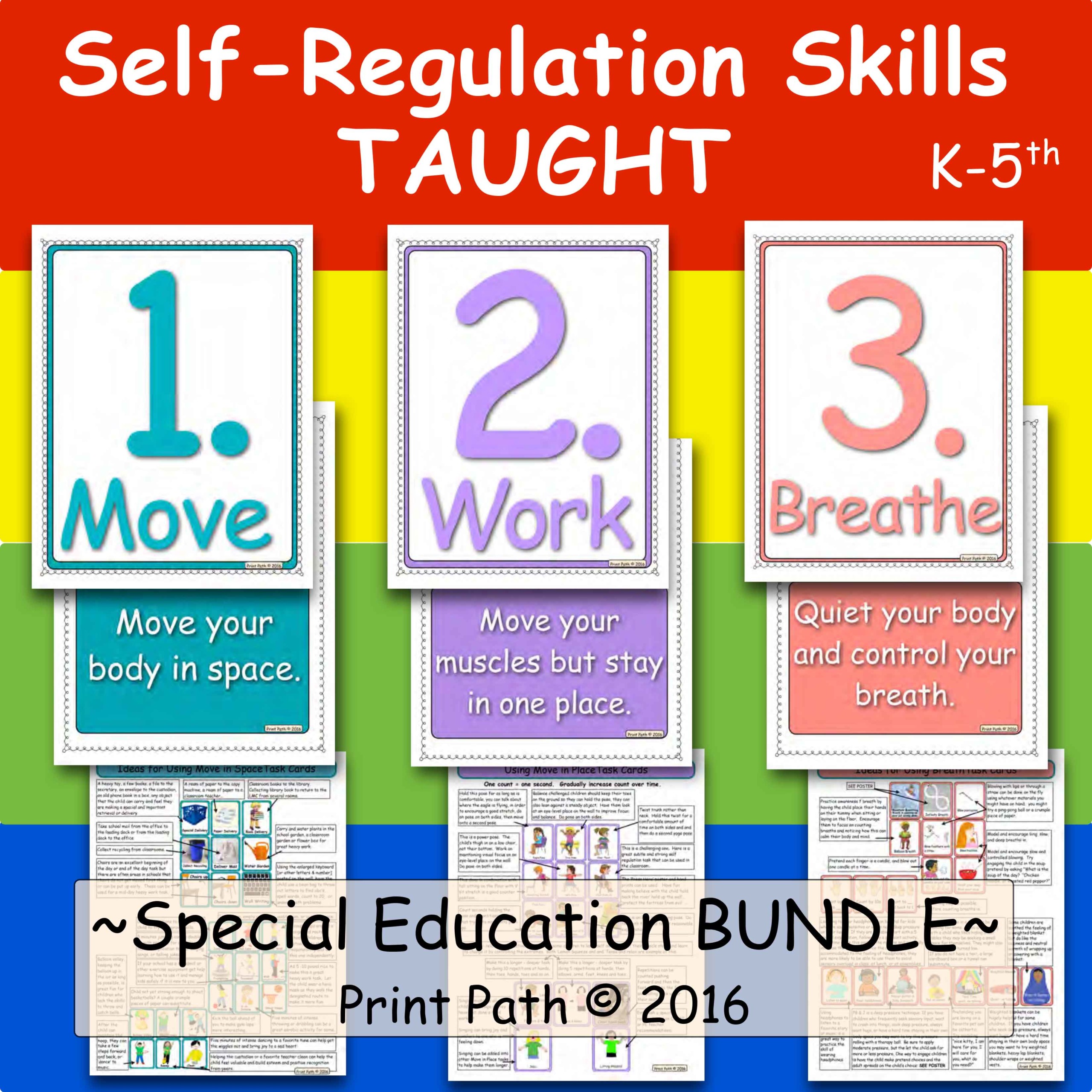Improving Self-Regulation Skills for All Students

A systemic review and meta-analysis were recently completed on improving self-regulation skills for all students. There is an increasing amount of evidence supports the positive associations of self-regulation skills with health, social and educational outcomes.
Information about the Study on Self-Regulation
JAMA Pediatrics completed a systematic review and meta-analysis of rigorously evaluated interventions through July 2016 to improve self-regulation in children and adolescents. In order to be included in the review the studies had to be randomized trials, evaluate universal interventions designed to improve self-regulation in children and adolescents aged 0 to 19 years, include outcomes associated with self-regulation skills, and be published in a peer-reviewed journal with the full text available in English. In total, 49 studies were included for full-text review reporting 50 interventions.
Results of the Research Review on Improving Self-Regulation Skills for All Students
The results of the JAMA Pediatrics research review on improving self-regulation skills for all students included a total of 23 098 participants ranging in age from 2 to 17 years (median age, 6.0 years). The study indicated that consistent improvement in self-regulation was reported in:
- 16 of 21 of the curriculum-based interventions.
- 4 of the 8 mindfulness and yoga interventions (school-based interventions lasting 6 months or less)
- 5 of 9 family-based programs.
- 4 of 6 exercise-based programs (i.e. high-intensity interval training, martial arts, team games, etc.)
- 4 of 6 social and personal skills interventions.
Additional Positive Outcomes of Self-Regulation Interventions
Additional positive outcomes of self-regulation interventions were reported in the following areas:
- 11 of 13 studies (85%) on academic achievement.
- 4 of 5 studies on substance abuse (80%).
- 9 of 9 studies reporting on conduct disorders, studies on social skills, studies on depression, studies on behavioral problems, and study on school suspensions.
- No effect was seen on 2 studies reporting on academic achievement, 1 study reporting on substance abuse, and 1 additional study reporting on psychological well-being.
Conclusion on Improving Self-Regulation Skills for All Students
The researchers concluded that there
Reference: Pandey A, Hale D, Das S, Goddings A, Blakemore S, Viner RM. Effectiveness of Universal Self-regulation–Based Interventions in Children and AdolescentsA Systematic Review and Meta-analysis. JAMA Pediatr. 2018;172(6):566–575. doi:10.1001/jamapediatrics.2018.0232. Read the full text https://jamanetwork.com/journals/jamapediatrics/fullarticle/2677898
If you need help teaching self-regulation skills to children, get more information on this Self Regulation Skills Curriculum.
Self- Regulation Skills Taught: This curriculum provides an effective, time-efficient structured system to provide classroom breaks, improve self-awareness and self-advocacy and teach specific self-regulation skills so that kids have tools to use in their classrooms. This system will get kids moving, give them the benefits of a brainpower boost [from getting their heart rate up], give them heavy work and isometrics to help them calm down, and help them learn techniques to quiet and control their bodies in order to return to their academic work. FIND OUT MORE.
Read more on Self-Regulation Skills
Key Components of Effective Interventions for Self-Regulation
Self-Regulation and Early Writing Skills
Practice Self-Regulation Skills with Visual Supports and Games
The Ultimate Guide to Self-Regulation in Children




